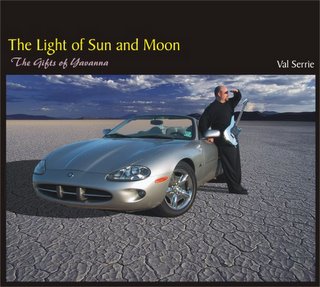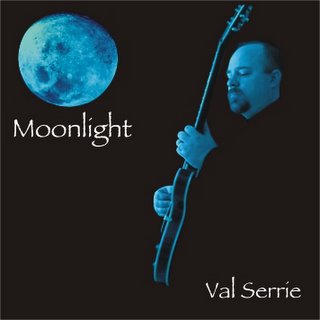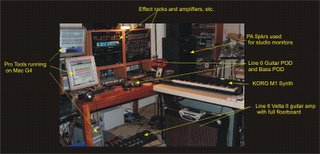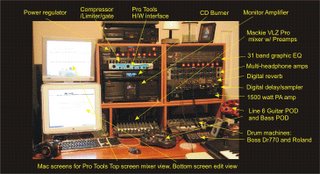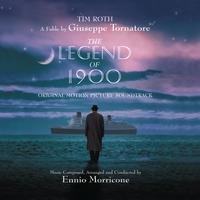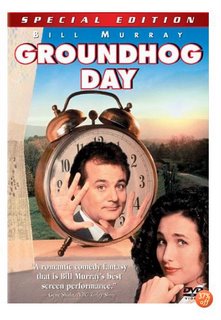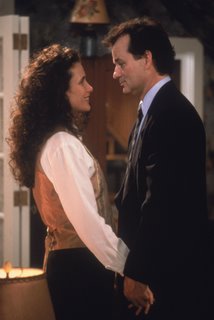The Obsolescence of College Degrees Over Time
 What does a college degree represent? Is it merely a ritual of perseverance that one must endure to be worthy of having a decent job?
What does a college degree represent? Is it merely a ritual of perseverance that one must endure to be worthy of having a decent job?
Or is it an indication of a level of information and knowledge a person has acquired through study? Isn't it supposed to be an indication of expertise to a prospective employer that this person knows the subject area in question? It supposedly represents education, doesn't it?
So then that leads to the next question: how long should a college degree be valid? Should it simply be accepted as useful, current information, forever? Isn't the world constantly changing? Is the curriculum of a degree program immune to that change, and if not, then shouldn't old degrees expire and new ones be needed as the knowledge and industries and disciplines they represent evolve?
If a college degree indicates knowledge, shouldn't it indicate current, useful knowledge?
In my last job, in a regional management position at a large software company, I was sometimes a bit embarrassed about my educational background because most people who worked for me, and the people working for them, all seemed to have better degrees than the bachelor's degree I had. Pretty much every person in the organization that reported to me in all levels had a masters degree of some kind. I had two people with PhD's as well. One person had 6 degrees: 3 bachelor's, 2 masters, and a PhD. I felt I was at a disadvantage in that respect.
But then I looked at experience. I now have 28 years experience. There were many things I knew both experientially and technically that these people with better degrees did not. So the experience actually counts more, I think.
The fact is, I cannot remember the detailed content of the classes I took in 1980 26 years ago. And it is all irrelevant now anyway. We did 370 Assembler and COBOL programming and used punch cards in those days. Programming and systems have evolved a LONG way since then. Desktop computers did not even exist yet at that time. Of course, now everyone uses PCs and laptops and we are all linked through a worldwide internet. Do you suppose that the computer science degree I earned in 1985 is still as useful and valuable and indicative of my knowledge and skills now in 2006 as it was 21 years ago? Or has it perhaps been rendered obsolete by the evolutions in technology and processes in the past two decades?
The technical issues I deal with and am exposed to on a daily basis now were not even possible back then. So, for most intents and purposes, that education has expired, in my view.
So has most of my early experience for that matter. Because, after 28 years I don't remember it in detail, AND because technology and the business world has changed so much rendering my earlier experience to be archaic and useless. The only truly useful parts to me now seem to be what I have done and learned in the past 10-12 years.
I wonder if we, as a society, should consider expiration dates on degrees and on experience? Granted, it would be hard to know ahead of time when the knowledge for a given degree program might become obsolete, so it would be hard to set a date. Also, no one wants to lose the effect of their degree, so it would be hard to get people to enact rules around that, but the facts of expiration of usefulness remain nevertheless.
Also, some people are incorrectly given extra credit because they attended an ivy league school, or they might be discriminated against because they didn't. And these two opposite cases would both exist regardless of a person's actual knowledge or abilities. So the degrees don't actually give a true representation of the actual knowledge a person has on a subject even when the degrees are brand new.
Also, our education system has come under considerable fire in recent years based on studies that show that our college graduates lack the basic skills that much younger students have in other countries. The US has fallen behind virtually all other developed countries in areas of education, despite the fact that we invest more money into education than any other country. We're simply doing it wrong. We are focusing on the wrong things. Our schools are misdirected and there seems to be no way to control it by simply policing the rules already in place. We desperately need a whole new system.
An Alternative:
Not all degrees should expire, because not all fields change and evolve at the same rate. The field of History, for example probably does not change nearly as fast as the computer science field. Psychology might change at a different rate than Avionics. So having an actual expiry date on a degree might not serve the purpose well.
Perhaps instead of focusing on the schools themselves and their internal standards, we should have standard national certification exams of current knowledge every 5 years, for all recognized disciplines from Doctors to engineers to metalworkers to chemists, biologists, and systems programmers. The standard certifications would ensure that our knowledge is current and relevant, regardless of whether it was attained through classes or night school classes or internet classes, or homeschooling, or self study. This would probably be a lot more fair and more useful to employers and people who need to judge knowledge and credentials. It would no longer matter whether a person went to Harvard or University of Oklahoma. As long as they received the education they needed to achieve the scores and qualifications and certifications on the national tests, that is all they need.
In fact, it would eliminate undue prejudice AND undue bias regarding the school a person attended, since that would not necessarily be noted. The school would be merely there to provide knowledge to help the student achieve the right credentials and levels based upon their standardized tests. The school would work to serve the students as their customers. Which is as it should be at the college level. To thrive and be successful, they should answer the students' need for professional instruction and provide facilities where a student can truly learn what they need to know.
With a system such as this, employers would know EXACTLY how knowledgeable a job candidate is, and how current their skills and knowledge is. People reading papers submitted by a so-called expert, would be able to judge the efficacy and authority of the work based on the exact credentials of the author, not merely by a reputation, deserved or undeserved.
I have visions of how things can be improved, by imagining how things might work in the future. In the future I see, I can easily imagine that a persons credentials could be accurate, relevant, current, and easily checked on a national database.
I submit that a system of standardized national test scores and accreditations would be more efficient, more useful, and more fair and impartial, and should replace the antiquated system of college degrees given once and then used unchanged for decades.
We all come from somewhere, and the current system evolved out of an educational system developed to serve an earlier time. It has served our purposes in the past, but I think the time has now come to change.
The Way Forward:
I believe this could be implemented in phases:
Phase I:
Build the National Accreditation Service. Develop the certifications and levels, and the criteria for achieving them.
Phase II
Notify the country that this system is available. Advertise it. Make it well-known. Also make it free - or at least make it cheap enough that anyone can easily afford it. Do not charge more money than it costs to operate the program.
Phase II
Adopt the standards of certification for all government work.
Phase IV
Have all government contracting companies adopt these standards, and any government-facing roles within all companies also comply with the new standards.
Phase V
Encourage all companies to follow the example and benefit from these credentials and standardized certifications.
So there you have it. This is my opinion on one way to fix our education system.






